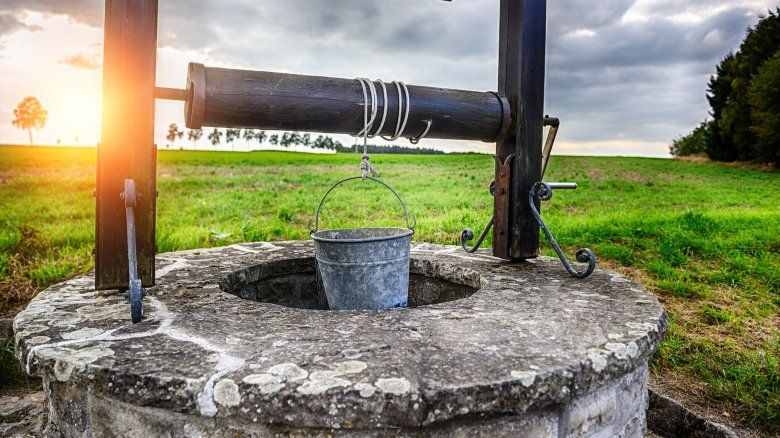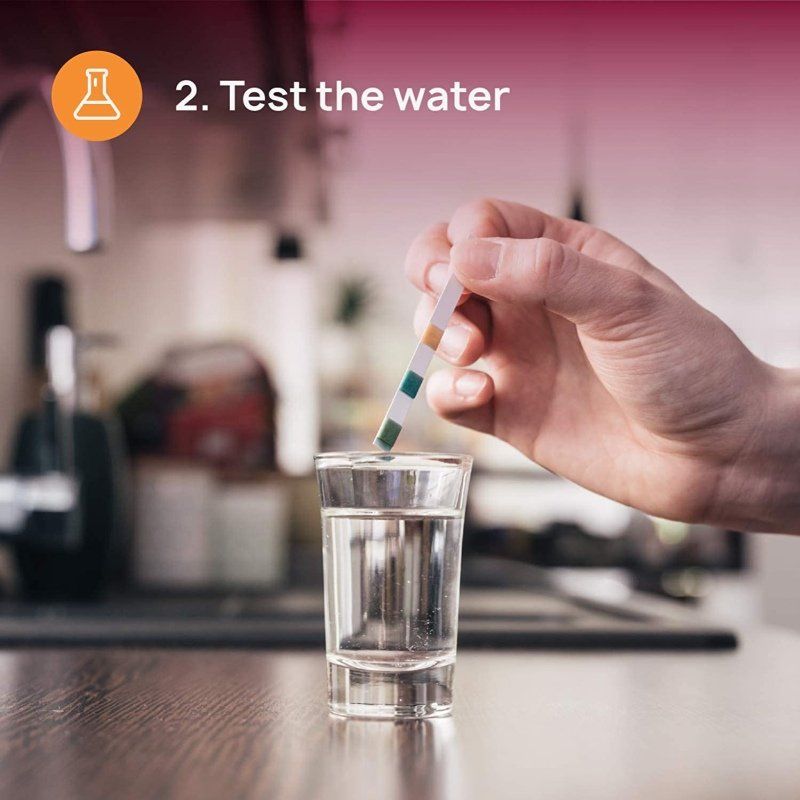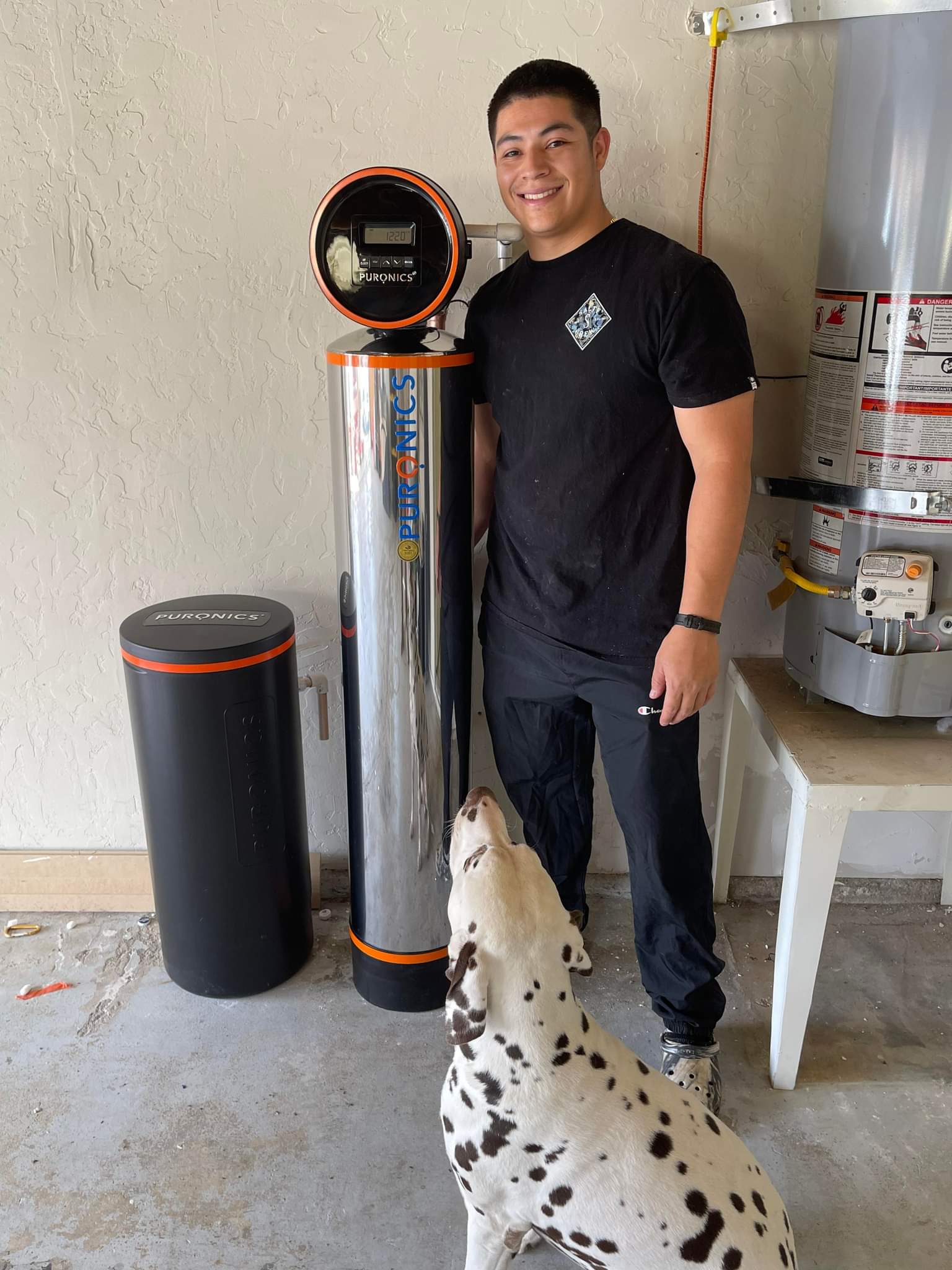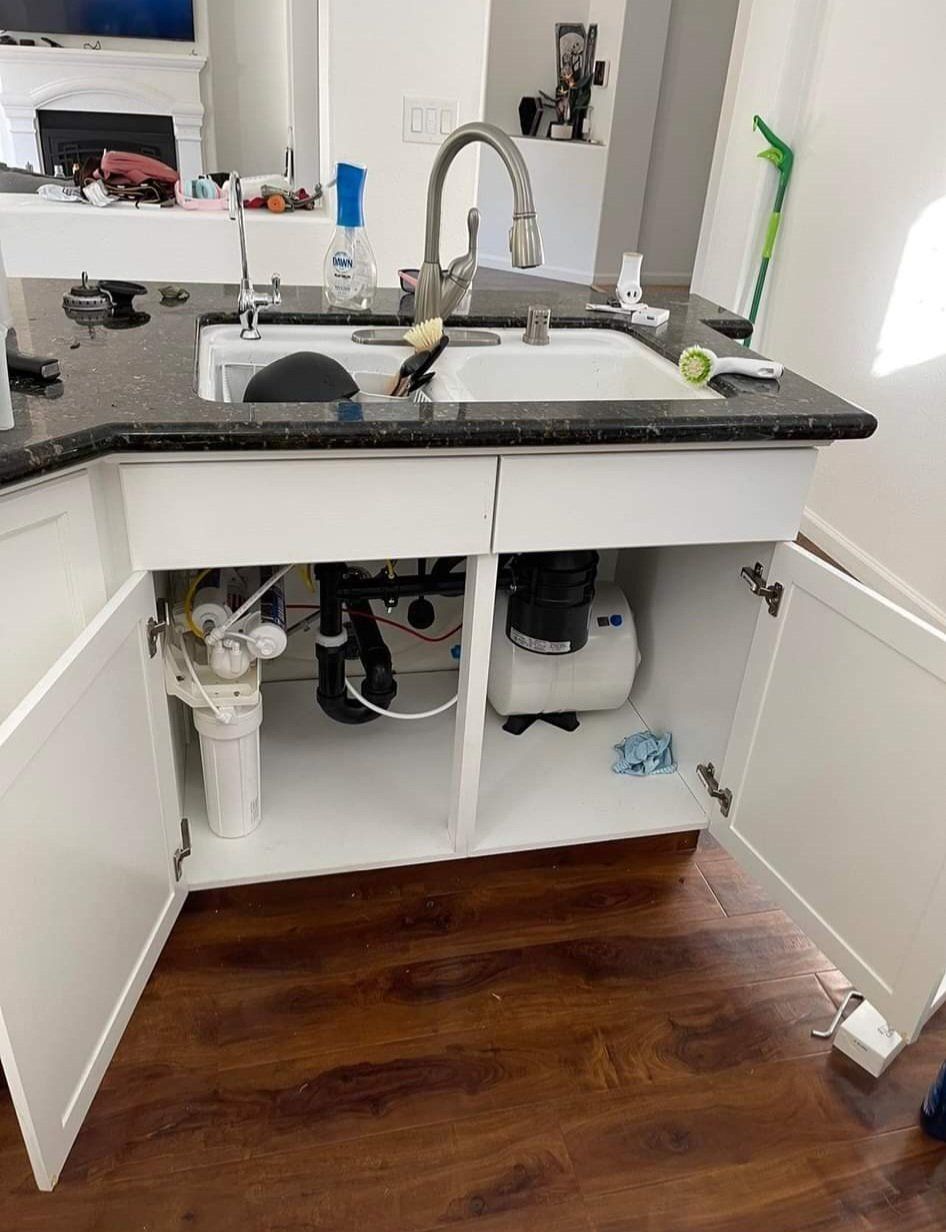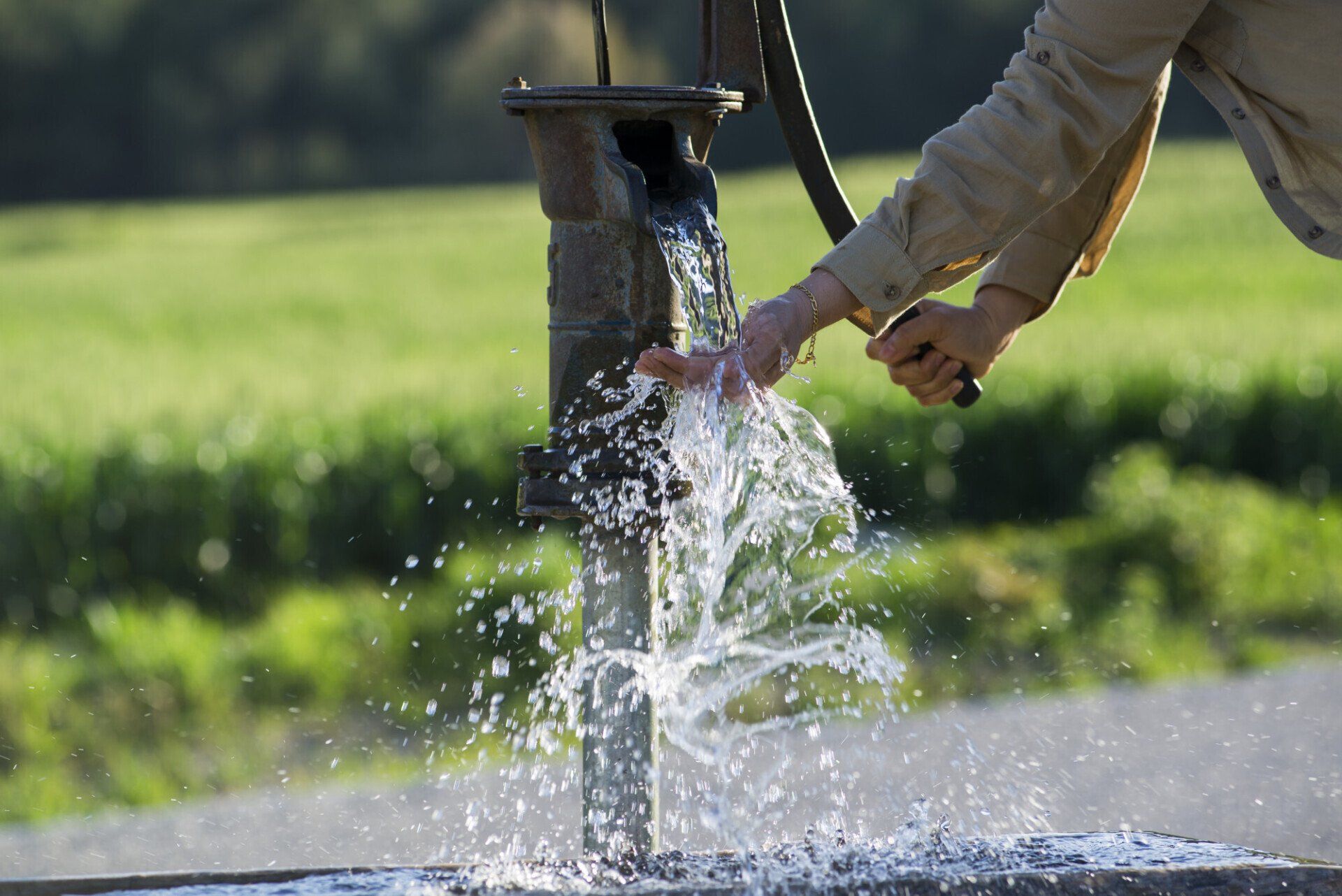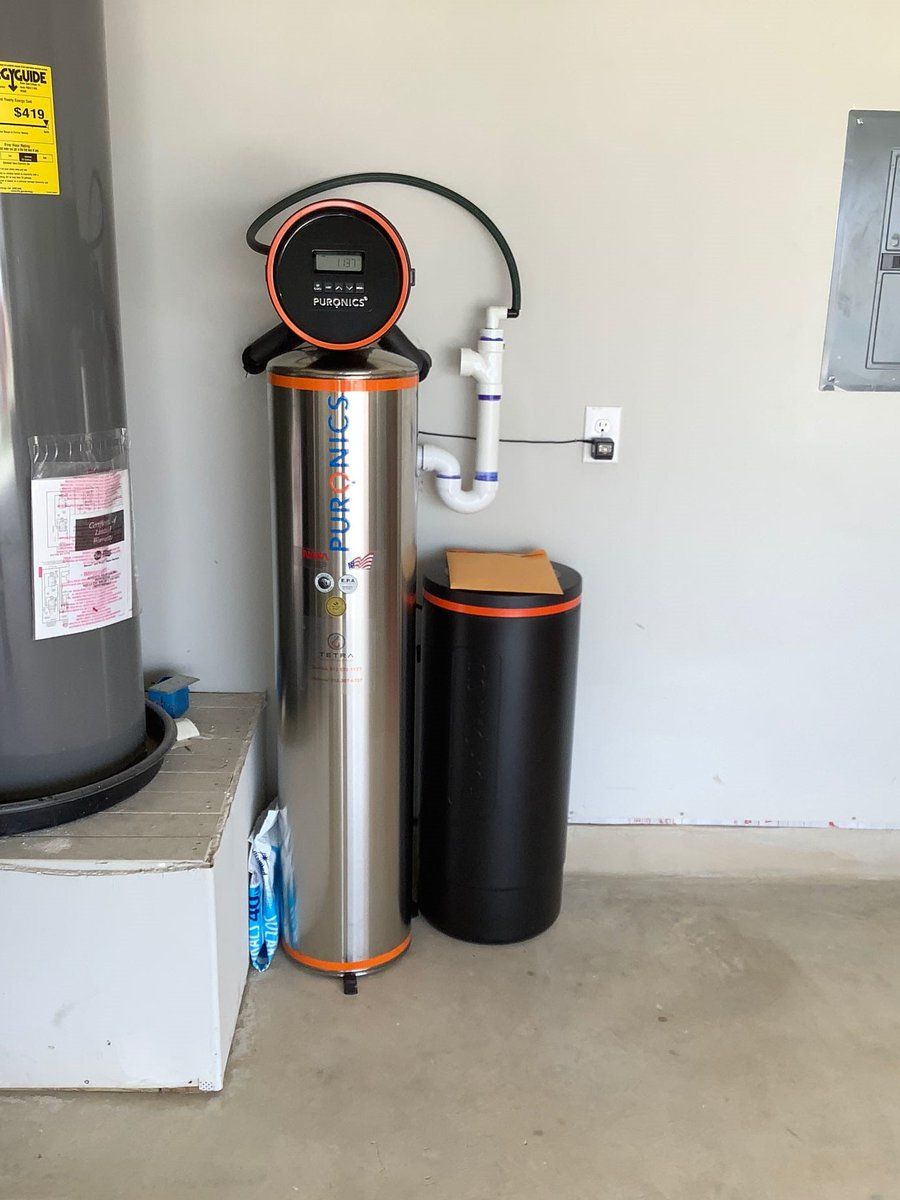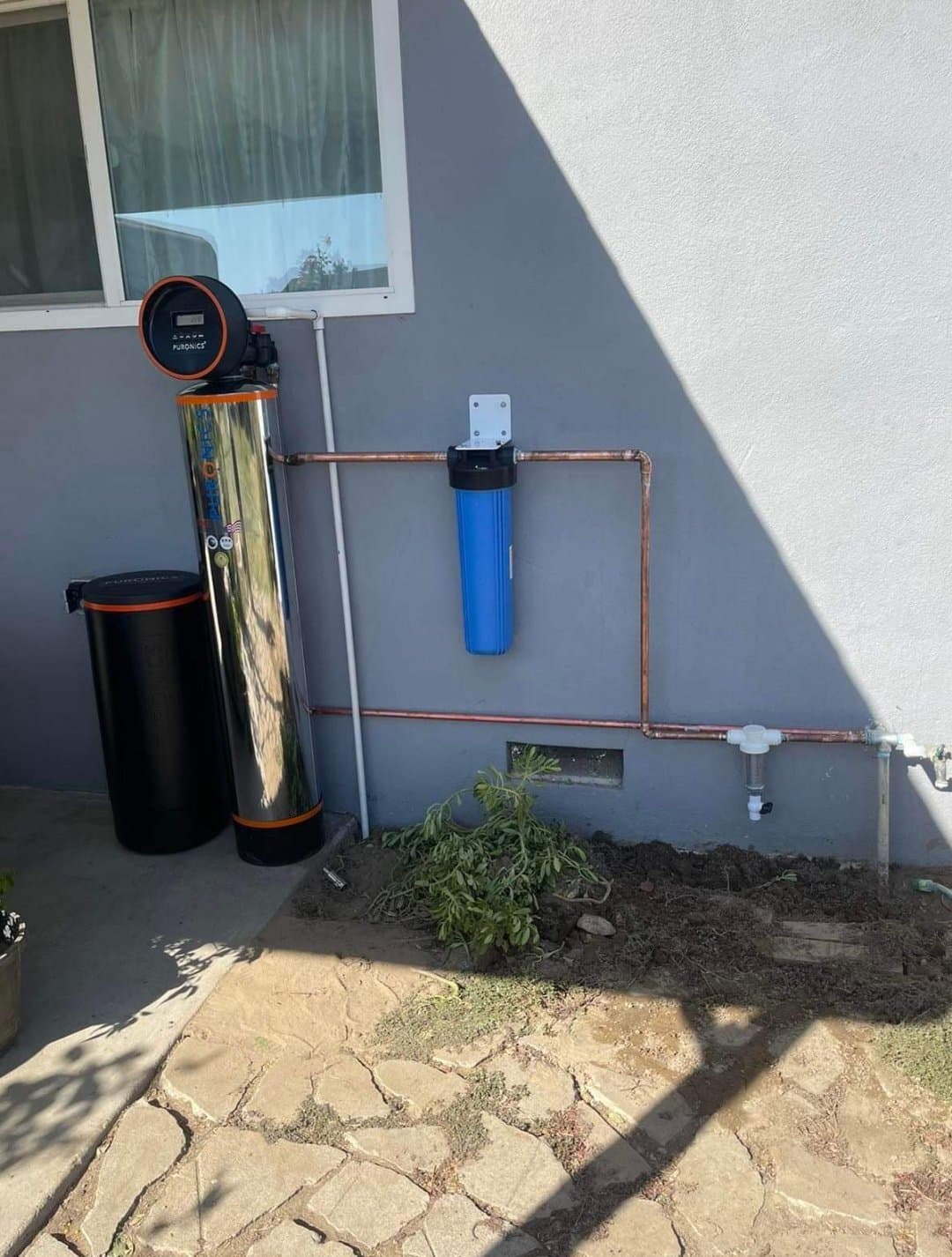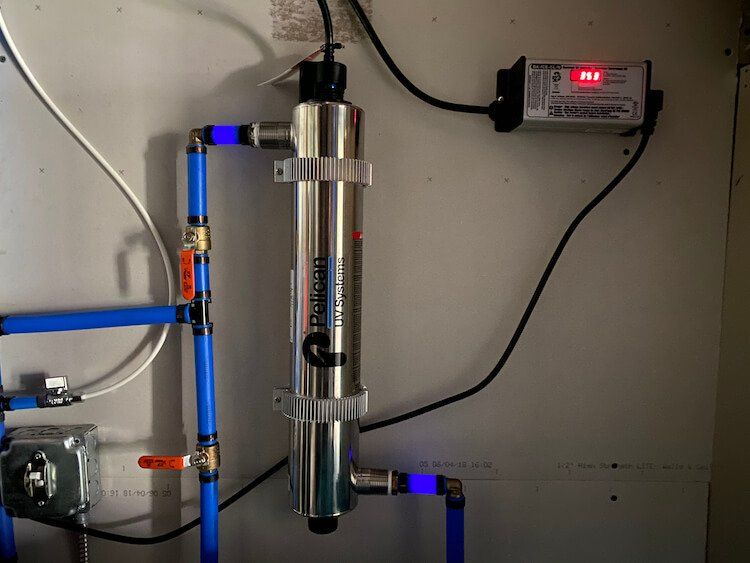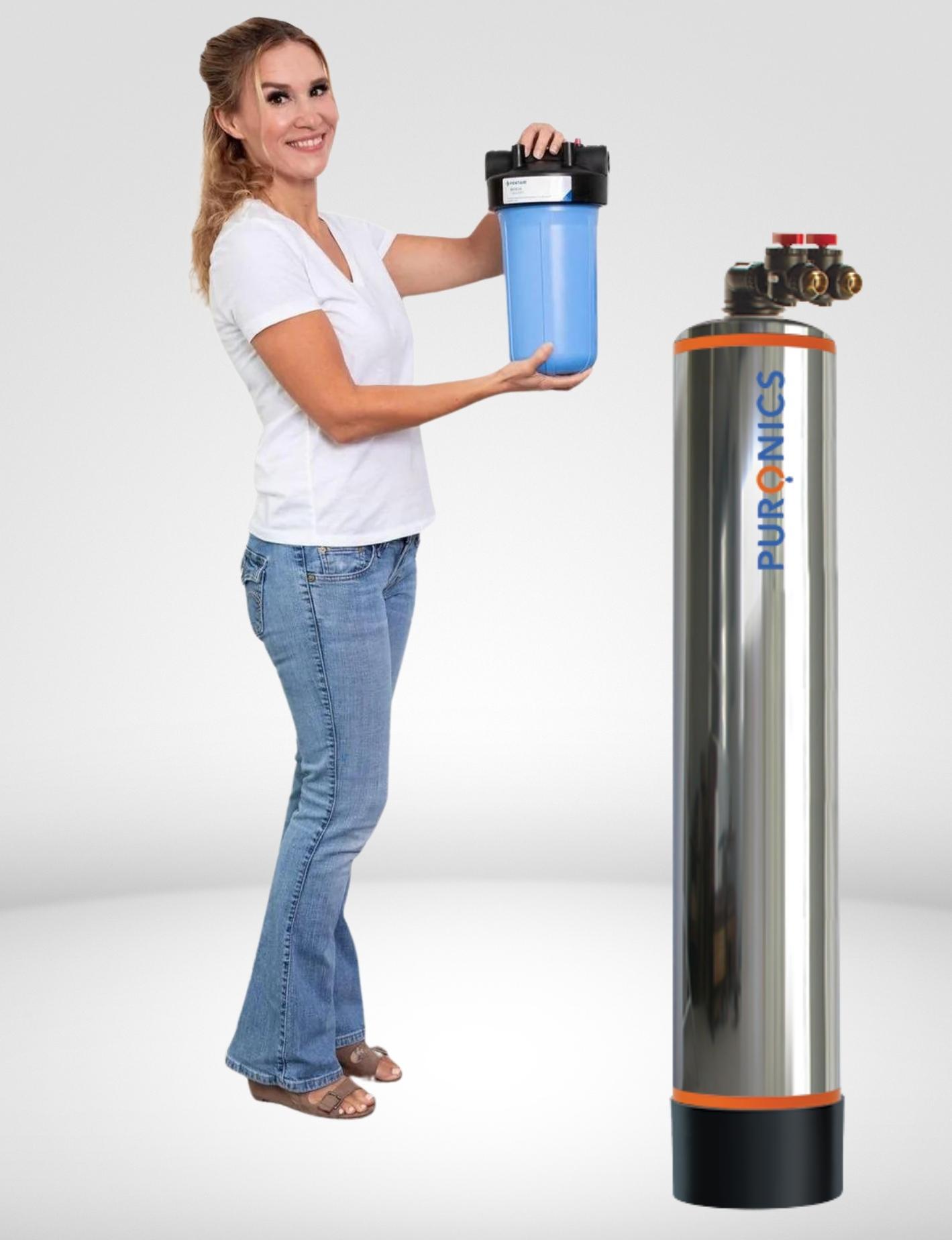The Dangers of Unfiltered Well Water
If you get your water from a well, it's important to have it tested regularly for arsenic and other contaminants. Arsenic is a naturally occurring element that can be found in rocks and soil, and it can leach into groundwater. While arsenic in low levels isn't necessarily harmful, long-term exposure to high levels of arsenic can lead to health problems, including cancer.
When should you get your well water tested?
The EPA recommends that all private wells be tested regularly for coliform bacteria, nitrates and arsenic. They recommend testing every 2-3 years for tannins, hardness, chloride, sulfate alkalinity iron and copper. Spring is generally the best time to test your well since there is higher rainfall during this season which percolates through the soil into your well.
New Baby
If you are going to have a baby, or already have a baby, nitrates in the water can be dangerous. High levels of nitrates can cause "blue baby syndrome." This is a very serious condition that can cause death. If you have questions about your well water, have it tested and, if necessary, filtered. By taking these steps, you can help your baby have a healthy and happy start to life.
Well maintenance
If you replace or repair any part of your well system, you should confirm it's working properly. This includes the well pump, pressure tank and water lines. You should also have your well water tested regularly to ensure it is safe to drink. If you have any concerns about the quality of your well water, it's a good idea to have it filtered. By taking these steps, you can be sure that your family is drinking safe, clean water.
Soil disturbance
Flooding, construction and other events that disrupt the soil can contaminate your well. This is why it's important to have your well water tested regularly, and to filter it if necessary. By taking these precautions, you can be sure that your family is drinking safe, clean water.
Water changes
If you notice a change in your well water, it's important to have it tested as soon as possible. This is because a change in water quality can indicate a new problem. By having your water tested, you can be sure that it is safe to drink. If you have any concerns about the quality of your well water, it's a good idea to have it filtered.
Concerned about
the quality of your well water?
If you're concerned about the quality of your well water, the best way to ensure it is safe to drink is to have it tested. You can also install a whole-house water filter that is designed to remove arsenic from your water. With these steps, you will know for certain that your drinking water is safe.


